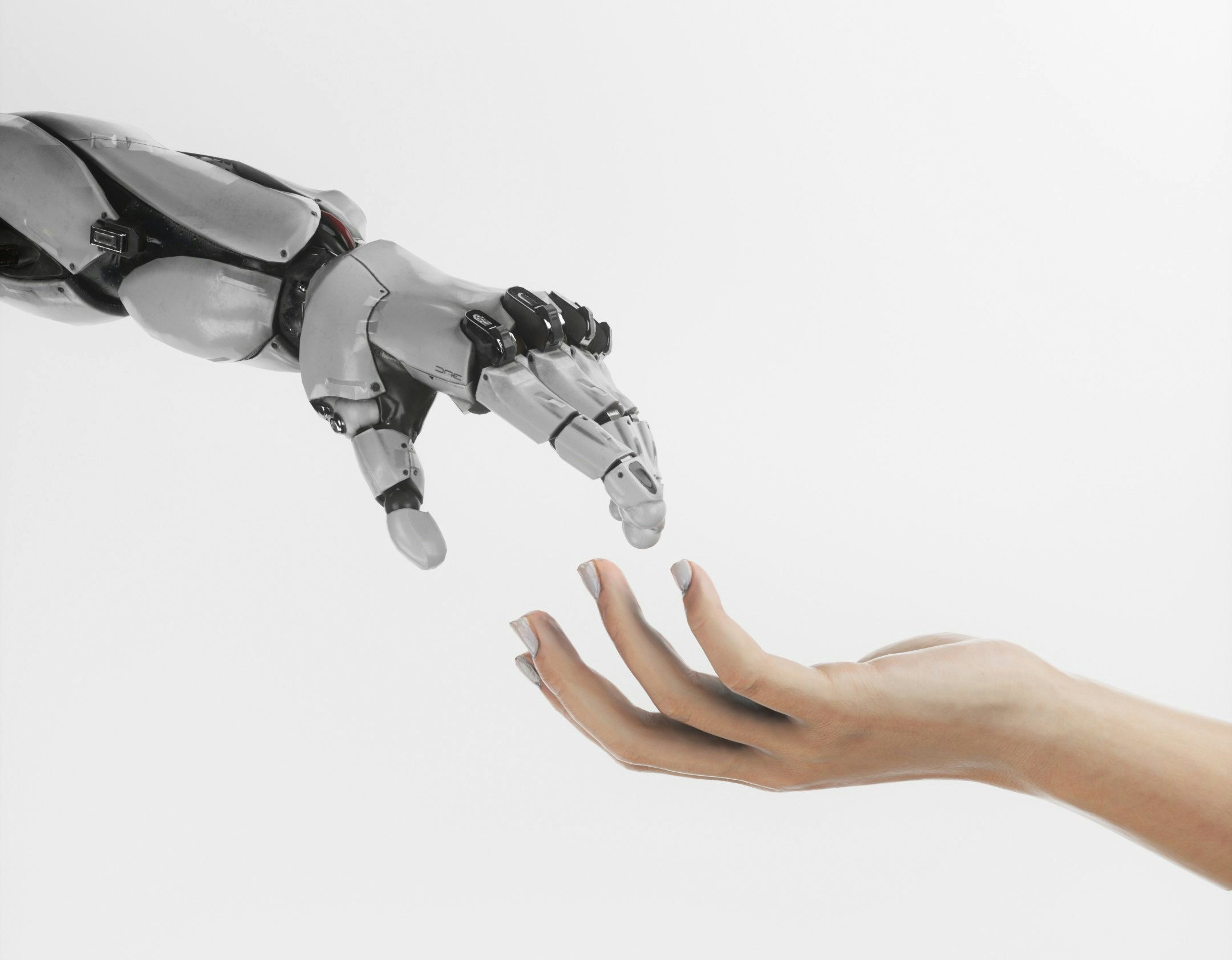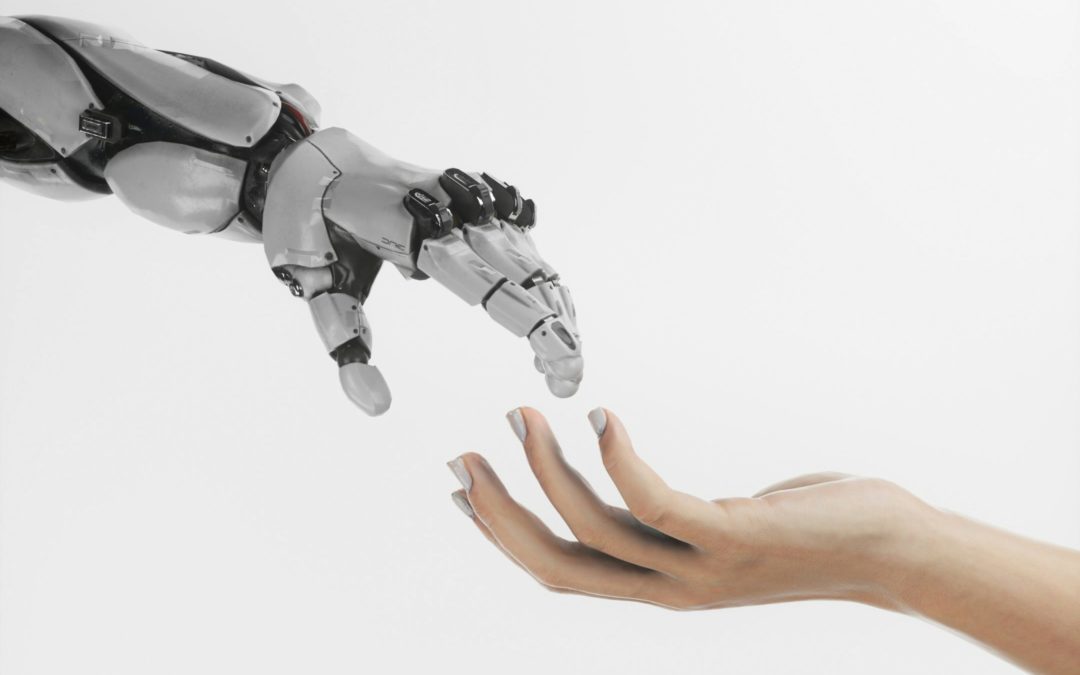
The rise of Artificial Intelligence (AI) is reshaping workplaces across the globe, forcing us to rethink the future of work. AI is a game-changer, with the potential to disrupt the labour market in ways that pose both risks and opportunities – for some groups more than others. Women, as a group, are among those who could be most affected.
At TechFace, we work to make tech more diverse and inclusive by bringing more women into the sector. Naturally, this means we’re keeping a close eye on how AI could impact women in the workforce. The question driving our curiosity is simple yet urgent: How will women be affected?
After attending several events this fall where AI and its effect on the job market took centre stage, we decided to dig deeper. We turned to the literature, diving into reports like Generative AI, the American Worker, and the Future of Work (Brookings Institution, 2024) and The Effects of AI on the Working Lives of Women (UNESCO et al., 2022). What we found is a mix of hope, urgency, and tough questions.
Let’s break it down – what’s happening, why it matters, and how we can ensure women aren’t sidelined in this AI-driven future.
Why Should We Care About AI Right Now?
AI isn’t some distant future tech. It’s here, it’s everywhere. From chatbots to advanced predictive tools, AI is rewriting how jobs are done. Studies show that over 30% of workers could see half their tasks disrupted by generative AI (Brookings Institution, 2024). Think about industries like marketing, finance, healthcare, and education – they’re all feeling the ripple effects.
But here’s the thing: this isn’t just about what jobs we lose – it’s about who gets left behind. For women, this shift could either open doors or reinforce old barriers. Women are already underrepresented in tech and STEM fields and face unique vulnerabilities in this AI-driven world. A diverse workforce is essential for innovation and resilience, but this progress could be under threat.
Women dominate administrative and clerical jobs, which have over 60% automation potential (UNESCO et al., 2022).
Will this new wave of AI threaten the progress we’ve made toward equity, or will it pave the way for innovation and inclusion to thrive side by side? Can we ensure a future where women not only survive in tech but thrive? At this early stage of transformation, we must understand these dynamics and take steps to course-correct where necessary.
What’s Changing?
AI is breaking traditional automation boundaries. It’s no longer just about replacing routine tasks like data entry or assembly lines. This technology is creeping into roles that require creativity, problem-solving, and even empathy – qualities many believed were immune to automation (Brookings Institution, 2024).
These shifts, while exciting, also pose risks for workers in cognitive, non-routine roles. High-paying jobs previously considered “safe” from automation, like programming or legal work, are now being redefined. It’s not just disruption – it’s a reshuffling of skills, priorities, and possibilities.

Why Women Are More at Risk
This is where the picture becomes concerning. Research highlights three critical challenges for women in the AI age:
- Overrepresentation in Vulnerable Roles: Women dominate administrative and clerical jobs, which have over 60% automation potential (UNESCO et al., 2022).
- A Digital Skills Gap: Globally, women are 25% less likely than men to have the digital skills needed for AI-driven industries (UNESCO et al., 2022).
- STEM and Leadership Gaps: Women hold just 25% of STEM jobs, despite earning more than half of university degrees (UNESCO et al., 2022). With AI demanding both STEM expertise and leadership experience, these gaps present significant barriers.
It’s not just about the numbers. Systemic issues, such as unequal access to training and mentorship, exacerbate these challenges. If we don’t act now, AI could deepen the gender divide rather than close it.
But Here’s the Upside…
Amid these challenges, AI offers transformative potential – if we act thoughtfully:
- Efficiency Gains: AI can automate repetitive tasks, freeing up time for more creative and strategic work (UNESCO et al., 2022).
- Empowering Women Globally: Programs like Buy from Women are using AI to help African women farmers connect to markets and financing, proving that technology can bridge gaps when applied thoughtfully (UNESCO et al., 2022).
- Reskilling Initiatives: With targeted training, women can step into high-demand roles in areas like machine learning and AI ethics (UNESCO et al., 2022).
What We Still Don’t Know
One major uncertainty is whether (and the extent to which) AI will augment human labour or replace it. While AI creates efficiencies, it’s unclear if it will complement human skills or render certain roles obsolete (Brookings Institution, 2024). Policymakers and organisations must address these uncertainties proactively to minimise harm and maximise opportunity.
So, What’s the Plan?
To ensure AI benefits everyone – not just a privileged few – we need to focus on three key areas:
- Reskill and Upskill: Encourage women to pursue STEM, digital literacy, and AI-focused roles to close the skills gap (UNESCO et al., 2022).
- Inclusive AI Design: Diverse teams build better systems. Women must be at the table when AI is being designed to mitigate biases and ensure AI works for everyone (Brookings Institution, 2024).
- Empower Workers: Policymakers and organisations must support worker rights and ensure AI doesn’t lead to surveillance or loss of autonomy (Brookings Institution, 2024).
Your Role in All This
AI is here to stay, and how we shape it now will define the workforce of tomorrow. Whether you’re a company leader, policymaker, educator, or someone figuring out your career, you have a role to play.
Ask yourself: How can I help create a future where tech benefits everyone? What steps can my organisation take to prepare for tomorrow’s challenges?
At TechFace, we’re committed to being part of the solution. Join us in advocating for gender equity in tech and preparing the workforce for the opportunities and challenges ahead. Because the future of work belongs to everyone.
What do you think? How will AI shape your career or organisation? Share your thoughts – we’d love to hear from you.
Together, we can drive this conversation forward.
References
Brookings Institution (2024) Generative AI, the American Worker, and the Future of Work. Available at: https://www.brookings.edu/articles/generative-ai-the-american-worker-and-the-future-of-work/
UNESCO, OECD, IDB (2022) The Effects of AI on the Working Lives of Women. Paris: UNESCO. Available at: https://publications.iadb.org/en/publications/english/viewer/The-Effects-of-AI-on-the-Working-Lives-of-Women.pdf
